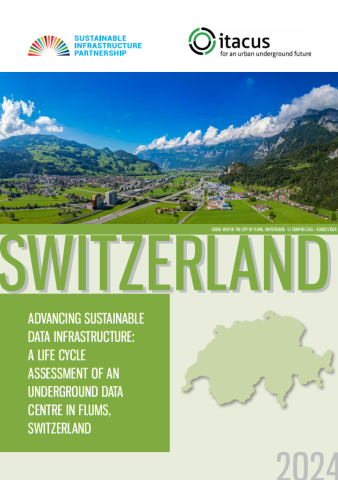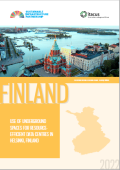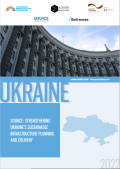
The case study details the innovative approach of using Underground Data Centres (UDCs) as a sustainable alternative to traditional aboveground data centres.
In the age of the Internet of Things, the demand for data centres has surged, leading to significant environmental concerns, particularly related to energy consumption and resource usage. The "Edge Computing Underground" project at the Hagerbach Test Gallery in Switzerland, spearheaded by the Swiss Center of Applied Underground Technologies (SCAUT), exemplifies how UDCs can mitigate these challenges. By utilizing subterranean spaces, UDCs offer numerous advantages, including reduced energy consumption due to naturally cooler underground temperatures, enhanced security, and lower construction costs.
Moreover, the case study underscores the broader implications and replicability of UDCs for sustainable development. UDCs not only provide technical and economic benefits but also align with circular economy principles by enabling the reuse of excess heat by local industries and communities. As a prototype, the Hagerbach UDC sets a precedent for leveraging underground spaces effectively, showcasing their potential to contribute to urban resilience and sustainability goals. The case study emphasizes the importance of thorough LCA evaluations to assess the environmental, social, and economic impacts of UDCs, providing a valuable framework for informed decision-making and the successful replication of these resource-efficient data centres in diverse urban contexts.
Guiding principle #3 Comprehensive Life Cycle Assessment of Sustainability, from the International Good Practice Principles for Sustainable Infrastructure.




